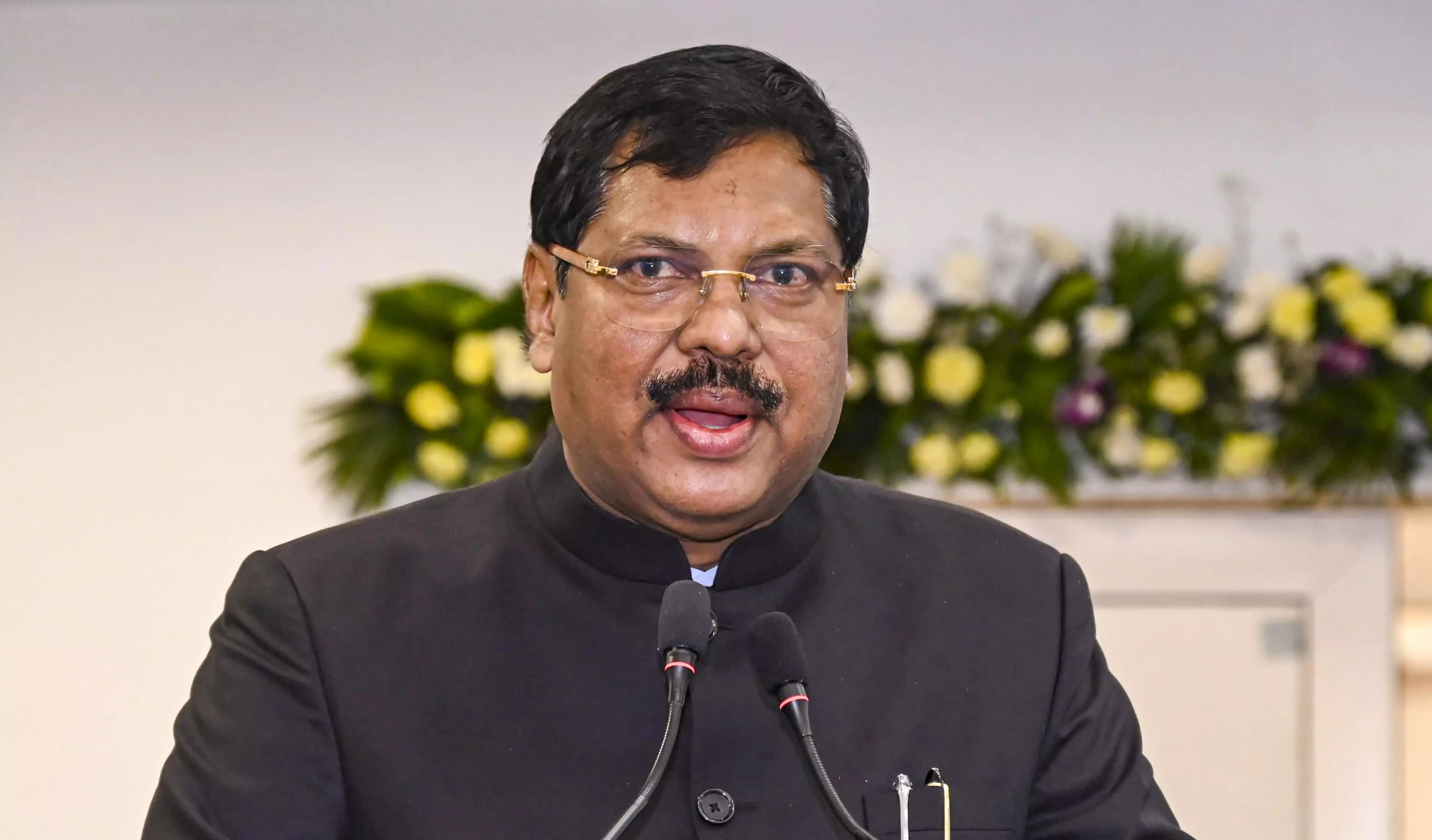'Judicial activism shouldn’t become judicial terrorism': CJI at Presidential reference hearing

New Delhi: Judicial activism should not become judicial terrorism, Chief Justice of India B R Gavai said on Thursday during the presidential reference hearing which raised constitutional questions on whether the court can impose timelines for governors and the president to deal with bills passed by state assemblies. The chief justice's remark came when Solicitor General Tushar Mehta, appearing for the Centre, told a bench that elected people who have a lot of experience should never be undermined. "We never said anything about the elected people. I have always said that judicial activism should never become judicial terrorism or judicial adventurism," the CJI told Mehta.
The bench also comprised Justices Surya Kant, Vikram Nath, P S Narasimha and A S Chandurkar. Mehta resumed his submissions by referring to various verdicts of the apex court on powers of the governor as the hearing entered its third consecutive day. At the outset, the solicitor general said he is looking forward to senior advocate Kapil Sibal's submission on the presidential reference as he has enormous experience in public life and has also been in governance as well as a parliamentarian. "Elected people belonging to whichever political party have to nowadays respond to voters directly. People now directly ask questions from them. Unlike 20-25 years back when things were different, voters are aware and cannot be taken for a ride," Mehta said. He said "withholding assent" by the governor is a standalone and complete function of the constitutional functionary as provided under Article 200 of the Constitution. On Wednesday, the top court said the governor cannot send bills to the president for consideration when presented to him for the second time after the state assembly has cleared it. The top court, while responding to the preliminary objections raised by the Tamil Nadu and Kerala governments on maintainability of the presidential reference, has said it would exercise its advisory jurisdiction as it was not sitting in the appellate jurisdiction.
In May, President Droupadi Murmu exercised powers under Article 143(1) to know from the top court whether judicial orders could impose timelines for the exercise of discretion by the president while dealing with bills passed by state assemblies. The Centre said in its written submission that imposing fixed timelines on governors and the president to act on bills passed by a state assembly would amount to one organ of the government assuming powers not vested in it by the Constitution, and lead to "constitutional disorder". On April 8, the apex court while dealing with the powers of the governor with respect to Bills passed by the Tamil Nadu Assembly, for the first time, prescribed that the president should decide on the bills reserved for her consideration by the governor within three months from the date on which such a reference is received. In a five-page reference, President Murmu posed 14 questions to the Supreme Court and sought to know its opinion on the powers of the governor and president under Articles 200 and 201 in dealing with Bills passed by the state legislature.



